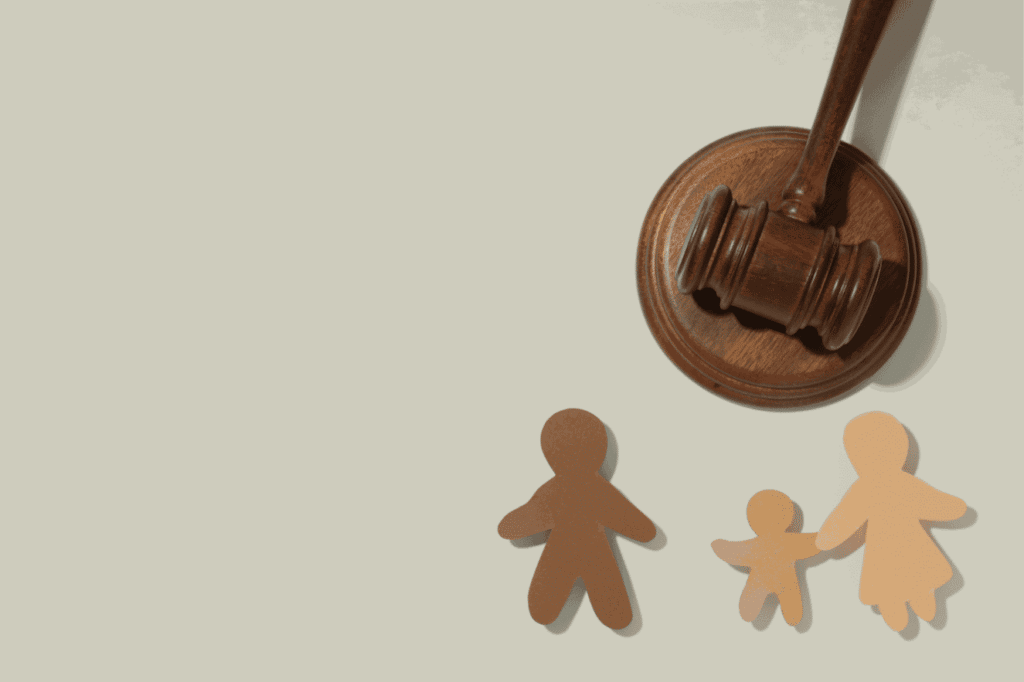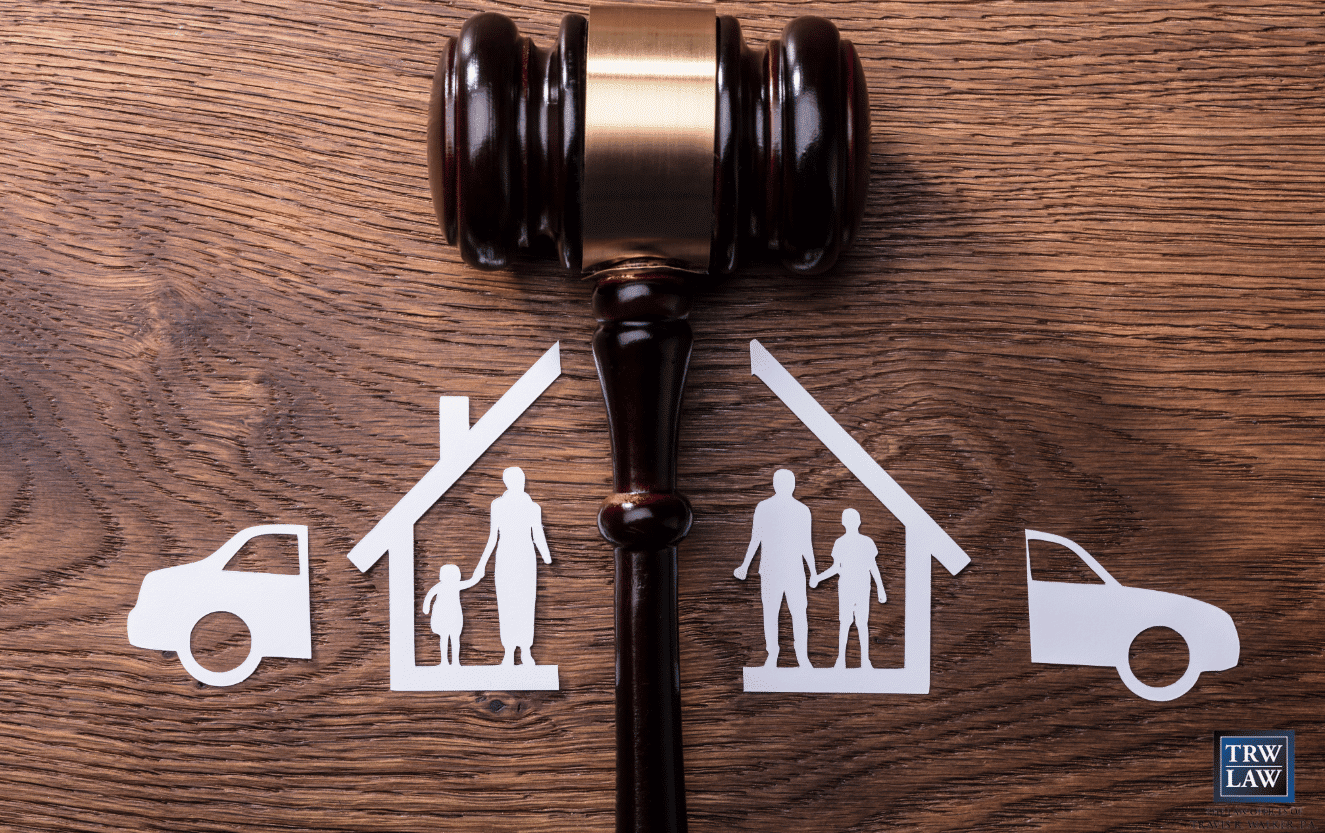Dealing with a child custody case isn’t easy. You need to understand sole custody versus joint custody and how each option will impact your child and your family. The team at The Law Offices of Travis R. Walker Law, P.A. is here to help guide you through this often stressful and emotional process. We understand how Florida law works and how you can obtain your desired outcome with the right approach.
Child custody cases are never easy to face, especially alone. When you’re going through a separation from your spouse and are concerned about your kids, the stress is compounded. As you decide what’s best for your children, you’ll need to learn the difference between sole custody and joint custody. With sole custody, one parent has sole custody of a child. With joint custody, both parents have some level of custody, including legal and physical custody. Joint custody is a common outcome in Florida custody cases.
Contentious child custody battles can take months or even years to resolve. It is common for these cases to go to court so that a judge decides who gets both physical and legal custody of the child or children moving forward, whether that be a sole parent or both parents sharing the responsibility. It isn’t always easy to know how to deal with these tense situations, especially when your child is affected. You want to avoid extra stress for them throughout the process. The child custody legal team at The Law Offices of Travis R. Walker, P.A. is here to help you understand child custody laws in Florida and fight for your ideal outcome. We break everything down so you understand how the legal process will work, and we support you and your family through this challenging time.
Is Joint Custody the Same as Shared Custody?
Understanding the difference between sole custody and joint custody is your first step when dealing with a child custody case. Each of these custody outcomes will have different impacts on you and your child’s life. But what about shared custody vs. joint custody?
Joint Custody in Florida
With joint custody, both parents are allowed some custody rights for their child or children. The parents share the responsibility to put their child’s best interests first. Typically, joint custody refers to the joint legal custody of a child, which allows both parents to have equal control over decision-making about their child. This includes all the aspects of their upbringing and any legal decisions needed. Examples include participating in extracurricular activities, navigating healthcare choices, and deciding on education issues.
Both parents must agree on legal decisions for the joint custody arrangement to be successful. The parents need to communicate, compromise, and trust one another. Otherwise, it may be clear to the judge that sole custody would be a better arrangement for the child.
Shared Custody in Florida
Shared custody may often be referred to as joint custody, but important differences exist. Shared custody refers to how much time each parent has with their child, that is, shared physical custody rather than joint legal custody.
Often, shared custody doesn’t mean that each parent has equal time with the child, though it may. Sometimes, the child will live primarily with one parent, and the other gets visitation rights of varying degrees. Other times, the child lives for equal periods with both parents in their separate homes. The parents must come to a living and visitation arrangement that is agreeable for the parents and the child for shared custody to work.
Shared custody arrangements are quite common, as both parents often want to have the right to see their child as much as they can.
Types of Custody in Florida
Learning the ins and outs of how custody works in Florida will help you and your family navigate this often complex, emotional process. Custody outcomes will decide essential aspects of your child’s upbringing and welfare. You want to ensure that you’re doing everything you can to stay in your child’s life and retain the right to make crucial decisions for them.
Two custody terms to know are physical custody and legal custody. Both are important in deciding your child’s future, but they have some key differences to know when you’re dealing with the legal system.
Physical custody and legal custody are usually shared between the parents, but there could be cases where there is joint legal custody but sole physical custody for one parent. Outcomes will vary based on what’s best for your child and family.
Physical Custody
Physical custody dictates where a child will live and how they will be sheltered, protected, and provided for daily. The court will decide whether both parents have the right for the child to reside in their home or if one parent gets sole custody.
With joint physical custody, both parents share where their child or children live. That could be with both parents equally or at least substantially at each home. Both parents are responsible for caring for the children and ensuring their well-being and security.
This type of joint custody is typically only given to parents if they live fairly close to one another. It may be much less equal if one parent lives across the country, for instance, since it would be much harder for the child to move long distances regularly.
Legal Custody
Legal custody, on the other hand, grants one or both parents the right to make decisions on behalf of their child, particularly relating to legal matters, education, healthcare, and upbringing. Concerns under legal custody may be related to religion, where they go to school, and other societal aspects of their upbringing.
A court usually only grants joint legal custody if both parents can work together for their child’s best interest. If a divorce or custody case is already contested, the court may see that the parents cannot work together and will likely give one parent the sole right to make legal decisions on behalf of the child.
Navigate Joint Custody in Florida With Travis Walker Law
Sole custody and joint custody in Florida can be challenging to navigate as a parent, especially when you’re already dealing with the stress of a separation and other major life changes. It’s easy for these matters to take up a lot of time and money and stretch on for long periods before getting resolved. You want everything to go smoothly and quickly to minimize the toll the process can take on your family.
If you’re unsure how to proceed with your custody case, are worried about custody outcomes, or are having conflicts with your ex-partner, work with a legal professional for guidance. You can rely on the help of experienced child custody attorneys at The Law Offices of Travis R. Walker, P.A. Our team supports you through the legal process and helps you obtain the best outcome for all parties involved. We understand Florida laws and how they may affect you and your family.
Contact the experienced team of family law attorneys at The Law Offices of Travis R. Walker, P.A.













